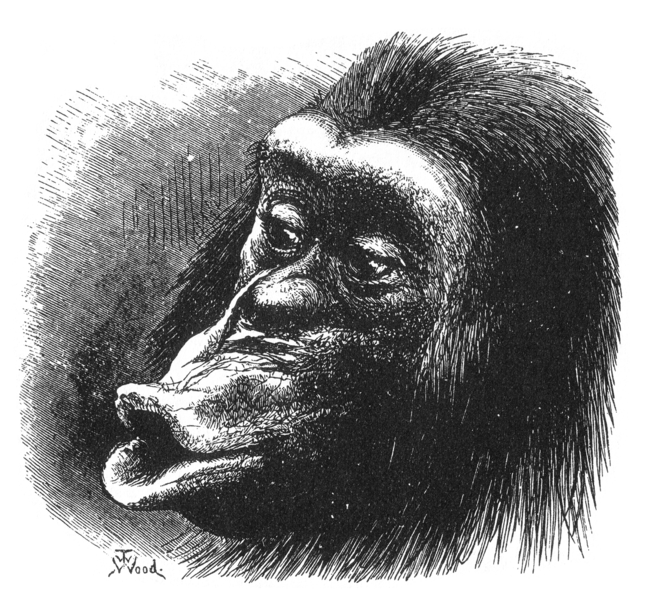We know phrases like: alpha wolf, queen bee or king of the jungle. So why isn't there a phrase like: the senator of the Savannah or the ant soldiers? Is it because democracy is not natural? How do researchers see democracy in nature?

Below are a number of assumptions and opinions Recently released. The common definition of democracy (=the power of the people) is: "a feeling that leads to the decisions of the group (collective) driven by the majority". As such, "democracy" in nature constitutes the "guide" for the mutual activity and behavior of a group of individuals of the same species, a "guide" that exists in many species, from honey bees through ants, lemmings, naked rats, packs of wolves, lions and chimpanzees.
Dr. Johnson from the Department of Entomology at the University of California says that although bees have a "queen" they are not animals in a monarchy as the "queen" is merely an egg-laying machine. In a swarm of honeybees there is no class hierarchy. Although the importance of the queen to the existence of the swarm is higher than that of a simple "worker", she is not the control. Although there is no voting process, the swarm operates by analyzing information collected by the majority of the swarm members, each individual in the swarm collects a little information and when the information from many individuals is combined, a lot of information accumulates that is processed together and enables activity accordingly.
Dr. Gerry (an entomologist) claims that calling the social activity of a swarm of bees "democracy" or even saying that the bees make decisions has more than a hint of anthropomorphism - projecting human traits onto animals. Because decision making requires awareness and knowledge of alternatives that insects do not have. "The bees operate by "programs" that respond to stimuli, a response that does not depend on making decisions." The bees did not develop a "swarm republic".
Is there a democratic government in Eyal? According to Larisa Concord from the University of Sussex, each individual in a herd of elk "wants" to stay in the group, to be more protected from predators or to be helped by mature individuals with experience in finding food, therefore there is an advantage to individuals who coordinate their activities and movements, activities and movements that are "decided" as a group.
Honeybees have a common and group interest in the survival of the swarm even at the expense of the individual, with the elk life is more "complicated" since each individual in the elk herd is different in its "psychological" needs - not every activity or movement in the herd will benefit each individual. Situations arise in which there is a conflict of interest, situations in which the individual will give up a (personal) advantage in order to remain in the herd. Just like members of a political party who do not agree with a candidate's words and yet vote for him, reindeer stay in the herd because staying in the herd is better than leaving.
In chimpanzees (the closest to humans) decision-making is beyond "ele-carteia", in the book "Politics of Chimpanzees" Dr. De Waal describes how the ruling male needs broad support to reach the top of the group. He must rely on close allies and be liked by many of his group members. Often the ruling male becomes a bully who is obsessed with details in his group and then a "rebellion" arises in which the ruler is expelled and sometimes even killed.
In order to reach an agreed ruler position in a group of chimpanzees, the male must "distribute benefits" to his supporters, and indeed many rulers who may be small (physically) and even unhealthy but spend a lot of time nurturing their supporters, distributing meat and even giving permission to mate with females to associates. All to keep the majority of supporters in the group. De Waal says that "the group's protection of the weak against the ruler to the point of removing him. Putting the strong in his place" sounds like "democracy"!
The difficulty from social behavior in nature to human society seems clear, but no other animal has (all) the necessary skills to make (group) decisions like a human does. The big difference in group decision making between human societies and other animal societies is the human society's ability to discuss, review and consider data before making decisions. Humans can discuss the subject in a sophisticated way, in a way that is not possible with other animals. People make decisions by using a brain that has developed over generations of survival in the natural world.
And yet: "Instinctive reactions to stimuli lead people more than they appreciate, which makes people similar to insects"
"Democracy as a political system seems to have grown and developed from instincts inherited from our ape ancestors. A method designed by generations of natural selection to bring the best of group decision-making."
So much for the assumptions of the researchers. is that so?

3 תגובות
I don't think the use of the term democracy is appropriate to describe phenomena in animals. Here it is a behavioral system based on biology, while democracy is a type of cultural product that stems from the human capacity for abstraction, which animals do not have.
Well that makes sense
Man is at the stage where he lives on an individual level, because he has reached the stage (since we built such a system) that allows us to do so.
Most animals (for example a snake, no..) cannot afford it, they will simply become extinct.
We only have a chance if we stay together!
Most of the people want low gas prices, so where is the democracy here? Do you not realize that you are being worked on?